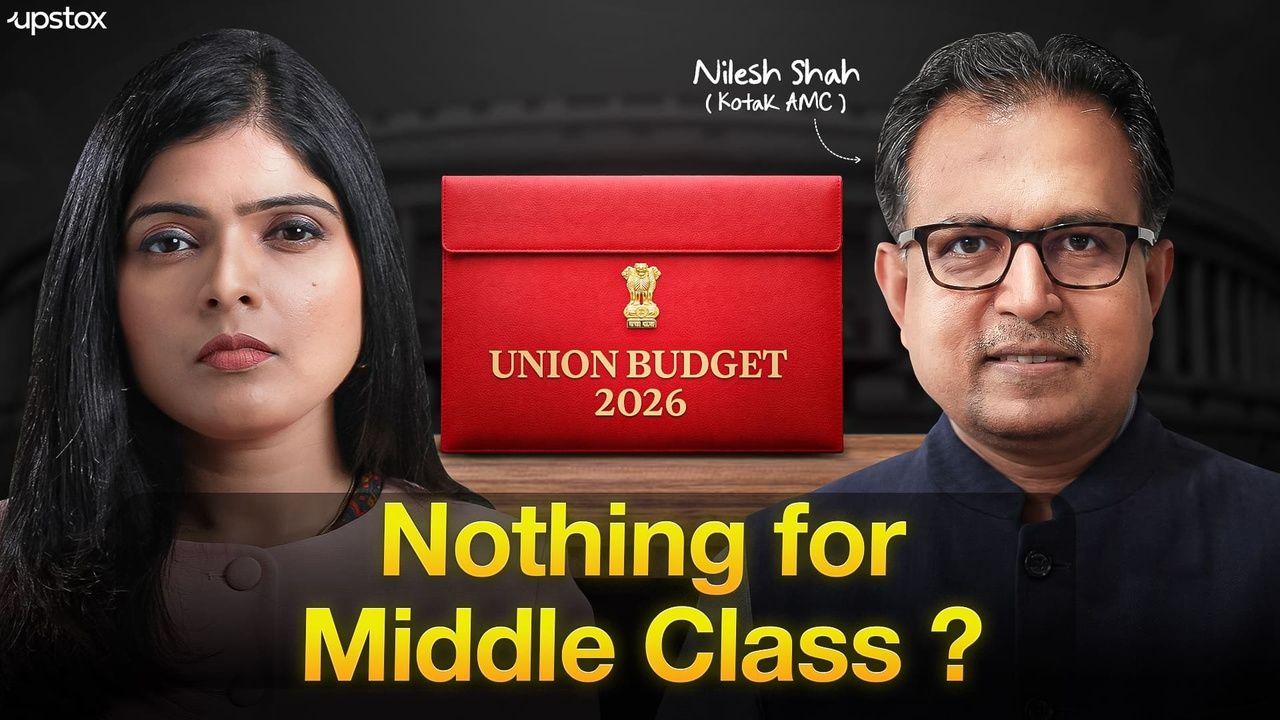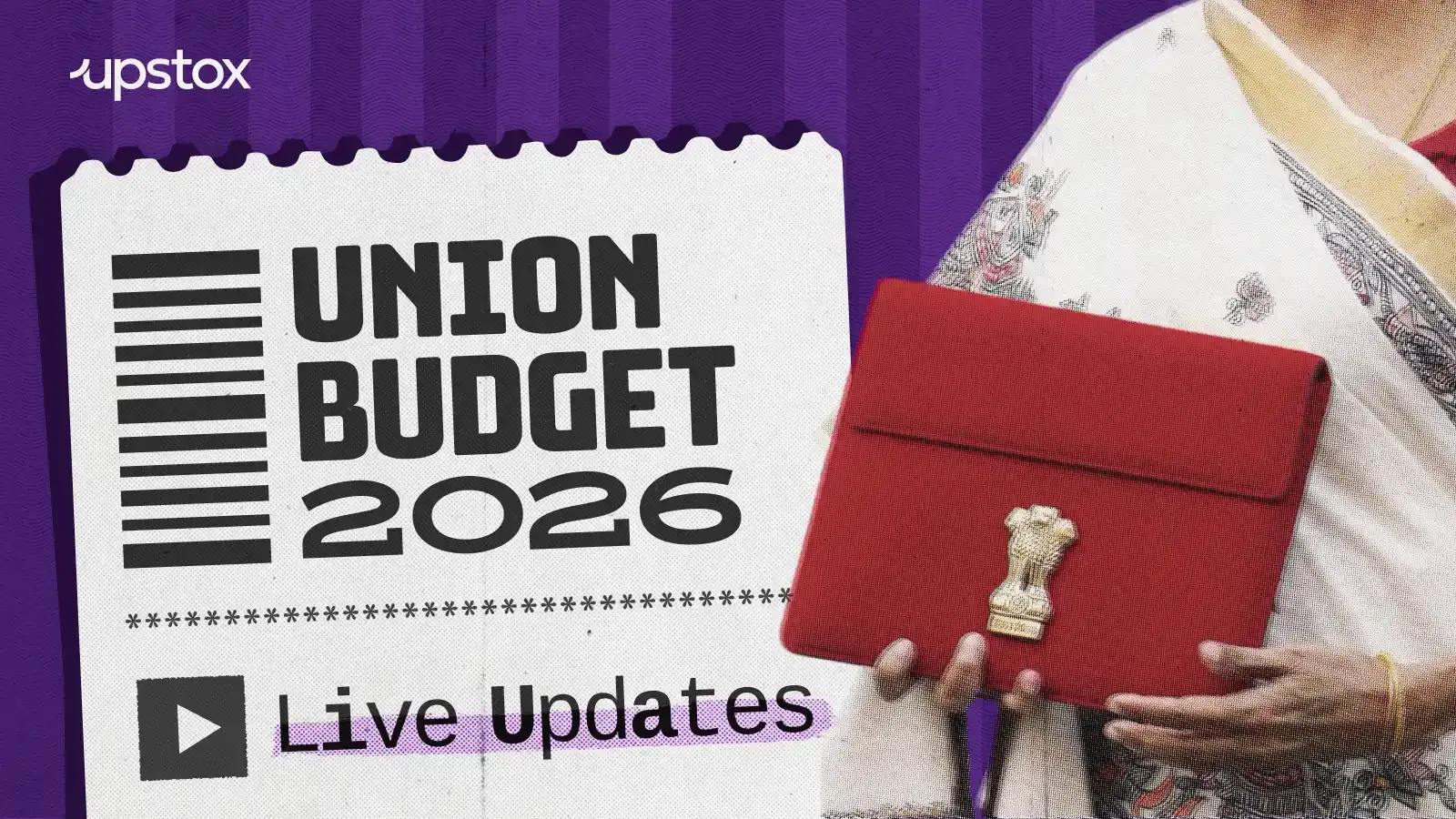Business News
8th Pay Commission timeline: What finance ministry told Parliament and why the report may take over a year
.png)
3 min read | Updated on February 07, 2025, 12:48 IST
SUMMARY
8th Pay Commission latest: Expenditure Secretary Manoj Govil recently said that the Union Budget for 2025–26 does not account for the 8th Pay Commission’s recommendations since the report is expected by March 2026.

Here are the 8th Pay Commission terms of reference submitted by staff side of NC (JCM)
In an interview with Moneycontrol, Expenditure Secretary Manoj Govil said the pay panel may take another year to submit its report, and as a result, the Union Budget for 2025–26 has not accounted for any expenditure linked to the implementation of the Commission's recommendations.
“Previous commissions have taken more than one year to present the report. If the Commission is set up even in the month of March 2025, the report should come in by March 2026, though it could take less than a year. So, for FY26 we don’t see any impact of the 8th Pay Commission,” Moneycontrol quoted Govil as saying.
The government is expected to soon appoint a chairperson and two members to the 8th Pay Commission. Historically, all pay commissions, barring the first, have included a member secretary from the Indian Administrative Service (IAS).
###Finance ministry's reply in Parliament
The finance ministry, responding to a query in the Rajya Sabha, said that the timeline for appointing Commission members and submitting the report will be "decided in due course."
Prime Minister Narendra Modi had last month approved the formation of the 8th Pay Commission, which will recommend changes in the pay structure, allowances, and other benefits for central government employees. The 7th Pay Commission, currently in effect, is set to end in 2026. Traditionally, pay commissions are constituted once every decade to review and revise the salary structure of government staff.
Govil confirmed that the finance ministry has written to key ministries, including Defence, Home Affairs, and the Department of Personnel and Training, to propose the ToR for the new commission. The Commission will begin its work only after the ToR receives formal approval from the Centre.
Meanwhile, the staff side of the National Council of Joint Consultative Machinery (NC-JCM) has submitted its recommendations for the Commission's ToR. Key suggestions include:
Reviewing the existing pay structure, allowances, retirement benefits, and other facilities for various categories of central government employees, including All India Services, Defence Forces, and personnel from Union Territories and autonomous bodies.
Recommending revised pay structures effective from January 1, 2026.
Ensuring minimum wages align with a "decent and dignified living wage," based on updated versions of the Dr Aykroyd formula and Supreme Court judgments.
Considering the merger of non-viable pay scales and addressing anomalies in the Modified Assured Career Progression (MACP) scheme.
Proposing interim relief measures, recommendations on dearness allowance (DA) mergers, and improvements to retirement benefits, including pensions and family pensions.
The NC-JCM has also urged the Commission to review children’s education allowances, medical facilities, risk allowances for railway and defence employees, and the reintroduction of certain discontinued advances.
By signing up you agree to Upstox’s Terms & Conditions
About The Author
Next Story

